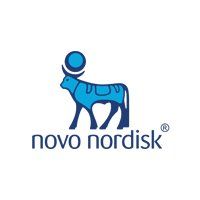News
FDA finally approves new promising Novo Nordisk medicine
This article is more than 9 years old.
Xultophy will be ready for the US market sometime in the first half of 2017

Novo year, novo product (photo: Novo Nordisk)
It took a while, but the Danish pharmaceutical giant Novo Nordisk’s new diabetes product Xultophy has finally been approved by the US Food and Drug Administration (FDA).
Xultophy, which is a combination of two of Novo Nordisk’s new products (Victoza and Tresiba), is a product for adults with type-2 diabetes.
“We are pleased with the approval of Xultophy 100/3.6 and look forward to launching it in the US in the first half of 2017,” said Mads Krogsgaard Thomsen, the executive vice president and chief science officer of Novo Nordisk.
“We believe Xultophy 100/3.6 offers significant benefits and is an important and convenient treatment option especially for people not achieving sufficient glycaemic control with basal insulin.”
READ MORE: Bernie Sanders blasts Novo Nordisk for price hikes
Delayed approval
The product, which was approved in Europe in 2014, is expected to be launched in the US during the first half of 2017.
A committee under the umbrella of the FDA decided unanimously in May 2016 that Xultophy should be approved, but the FDA decided to extend the approval process earlier this year.
Novo Nordisk will hope the new medication will boost its business in the US, which has suffered mightily recently due to pricing challenges in the US market.










































